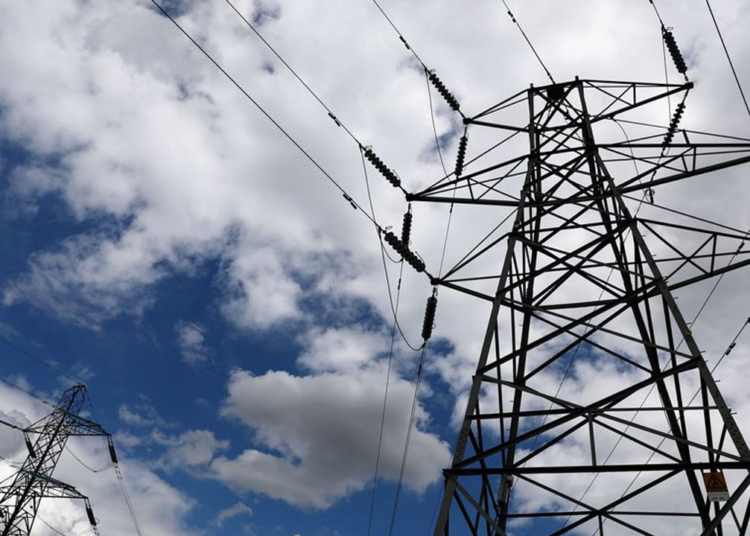The director general of the Energy Commission of Nigeria (ECN), Dr. Mustapha Abdullahi, has raised concerns that the nation’s manufacturing sector is sinking deeper into crisis due to unstable electricity supply and rising energy costs.
Dr. Abdullahi sounded the alarm in Abuja on Wednesday during the public presentation of the Industrial Energy Efficiency (IEE) Database, developed under the UNIDO-GEF project tagged “Improving Nigeria’s Industrial Energy Performance and Resource Efficient Cleaner Production.”
According to him, recent spot surveys carried out by the commission across major industrial hubs—including Lagos, Ogun, Kano, Kaduna, Onitsha, Port Harcourt, Warri, and Abuja—revealed troubling consumption patterns that highlight the urgency of decisive intervention.
“The IEE Database is designed to make reliable information accessible for both government and the private sector,” Abdullahi explained. “You cannot manage what you do not measure. Factories will continue to close or relocate without reliable data and focused efficiency measures.”
He described the database as a corrective response to two pressing challenges—rising tariffs and epileptic supply—that continue to erode industrial competitiveness. He maintained that systematic data collection and analysis remain indispensable for formulating effective policies, stabilising supply, and preserving industrial jobs.
Also speaking at the event, the director general of the Manufacturers Association of Nigeria (MAN), Segun Ajayi-Kadir, hailed the presentation as a strategic milestone for the nation’s industrial sector.
He noted that manufacturers are under growing pressure to cut costs, optimise processes, and meet sustainability obligations. “Energy efficiency is not just a compliance issue—it is a survival strategy and a route to resilience,” Ajayi-Kadir said.
He called for a swift transition from research to action, urging industry players to adopt global energy management standards and work with regulators to expand pilot projects into sector-wide programmes.
On his part, the national programme officer at UNIDO, Dr. Reuben Bamidele, stressed that policies without data are ineffective. He expressed confidence that the database would help industries benchmark performance, monitor consumption, and adopt cleaner production practices.
In a separate interview, Engr. Okon Ekpenyong, Industrial Energy Efficiency Consultant to the ECN, underscored the practical urgency of the initiative. He revealed that many factories have already shut down as a result of soaring tariffs and erratic supply, while others have resorted to costly gas-to-power solutions and compressed natural gas generation to keep operations alive.
“This project provides clarity on where operational improvements and targeted retrofits can yield quick returns,” Ekpenyong noted, urging manufacturers to treat energy efficiency as an investment in competitiveness.











